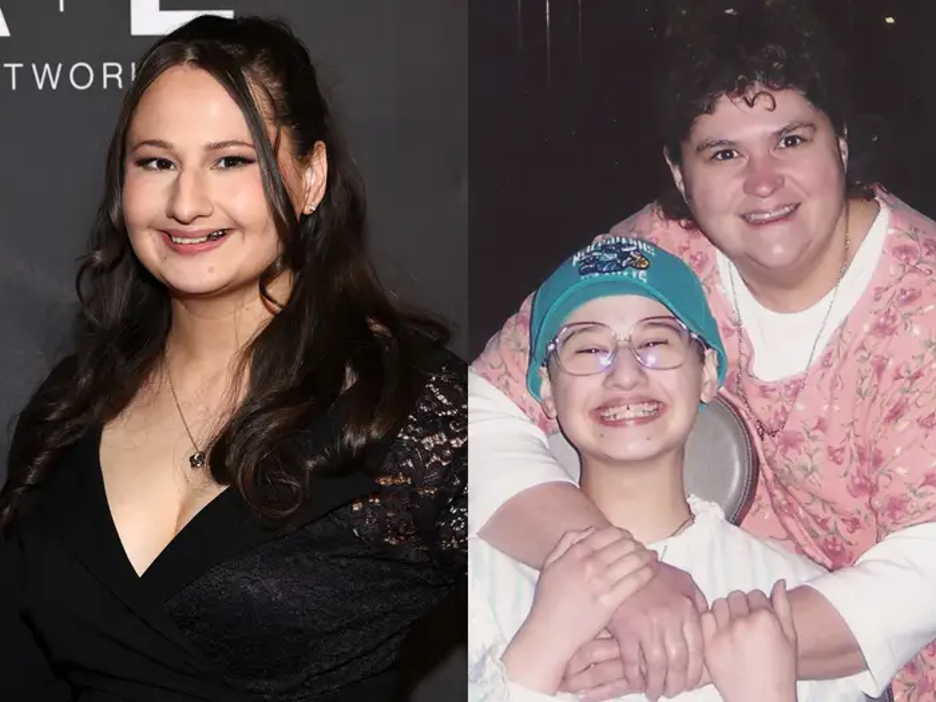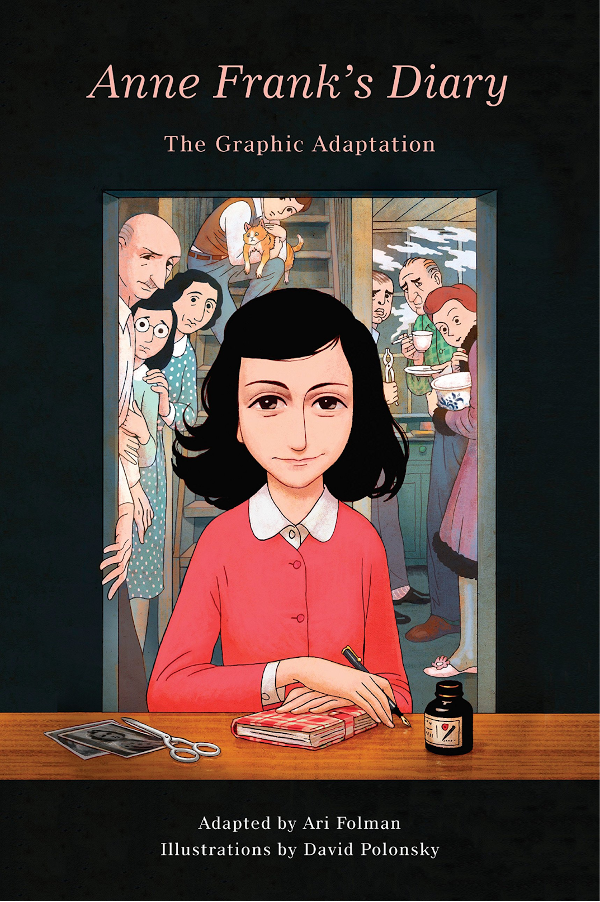I knew something was different even before I got off the plane. As we came to a complete stop, the charming, heavily accented voice of an El Al pilot came over the intercom with the typical landing messages: “We have arrived in Tel Aviv…the time is…keep your seatbelts fastened until…” Then, a polite applause from the exhausted passengers began to spread throughout the plane with their eyes darting around for the quickest route to the overhead compartments. However, something entirely new and now all too terrifyingly familiar, a prayer for the end of the war and the swift return of the hostages.
Suddenly, everything paused. My stomach churned inside me; I remembered where we were landing. What had once been the site of many summer vacations, the birthplace of some of my core memories with family and friends was now described by the news as an active war zone with never-ending headlines of disaster, and a nightmare-inducing hostage situation going on for nearly a year. I would watch in terror from my hometown of Baltimore, Maryland, as the same places that colored my summers for fourteen years would become breaking news, the subjects of heated social and political debate that never failed to ooze through the cracks of daily life. I was familiar with this feeling; the hot flush in my face, memories flooding back, and a “pause” from whatever I was doing at that time.
When the message faded into the noise of the intercom and after the final dully melodic ring, the world resumed. My family and I and for the first time in ten years, my father, stepped into the Ben Gurion airport fully transformed from when we saw it last.
“BRING THEM HOME NOW!” read from bright red letters of the banner, like a shadow looming above the baggage claim. Poster of hostages, the very same I see in Baltimore almost every day, the very same that sometimes get torn down lined the halls. Each one of them embellished with written messages in different colored pens, like individual cries of anguish, sometimes in the handwriting of a child. Those who walked past me wore dog tags and yellow ribbons, to which I was accustomed to back home solely at Jewish and Israel-centric events. But the scale was unsurprisingly massive in comparison, one could not go anywhere without a reminder of the “מצב”, or “situation” as it is referred to by Israelis. When I set foot on Israeli ground, there was only one thing clear: the war was their life. To me, everything seemed familiar but with a warped lens. Stepping on Israeli soil allowed me to take my blinders off from the war. I finally had the opportunity to experience Israel without filters.
Upon arriving in Ashkelon, a city that even pre-October 7th was characterized by its constant rocket alarms and closeness to the Gaza Strip, the reminders of war were close and deeply embedded into everyday life. For instance, while two elderly women did their shopping in the street, the building behind them would be under repairs from rocket fire. Not only that but a group of teenagers rode their bikes to the Marina with posters of hostages lining the way down. I slowly realized that it became impossible to avoid their faces in the city, on every building, store, and billboard. Even I, who only stayed for a couple of weeks, had to run into the bomb shelter of my grandfather’s apartment, and just minutes later, and would then return to watching one of his favorite television programs with him, Stargate Atlantis. This was different from my experience with the war in the United States. In the States, we have “the pause”. The ability to escape the catastrophes occurring in Israel. I have family and friends in my local Jewish community who constantly advocate for Israel, but we as a society continue to allow the “pause” mentality into our minds.
The pause. That feeling, where time stops, your mind races back to the images that bombarded American news outlets from day one of the war. With no current mental picture of the conflict in mind, I recalled sleepless nights in October, when my imagination would take the wheel from when I could not bear looking at the grisly images that were just a few clicks away.
Through the looking glass of the news and social media, the exposure to the war in the United States is limited. Even large, deeply Zionist communities like my own share the “pause” mentality with the rest of the world, keeping the conflict separate from day-to-day life and whenever it is brought up, regular life is “paused” and we are immediately transported to October 7th again. The pause mentality manifests itself in us when we lack personal understanding and perspective on the war. While we could be updating ourselves through the lens of the news and education, Israelis in Israel are experiencing the conflict in real time, it is their lives, so they do not have the freedom to “pause” as we do. Their lives, although greatly affected by the war, go on, because there is no other option.
But how do Jewish Americans and communities around the world contribute to this unpausing mentality? How do they begin to move with October 7th, not away from it? These questions pose the opportunity for our perspectives to change. Meaning, that we, as Americans, must inspire communities locally and around the world to educate themselves on Israel, the origins of Zionism, and the origins of antisemitism. Despite Jewish Americans adapting the “pause mentality” into their daily lives, we have the responsibility and obligation to proclaim our history to combat future instances of antisemitism.
A month had passed since I said my final goodbyes and flew back to Baltimore. Since then, I made efforts to adopt the “no pause” mentality in the war. Joining the B-More Israeli program, a program for Baltimore teens looking to experience Israeli culture, is my very first step. This year-long program for rising 10th graders felt perfectly tailored to my unpausing journey as well as others. With a trip to Israel included in the summer months of the program, teens who only heard of the conflict through the news and social media, or perhaps never been to Israel at all can experience the difference in attitude towards the war for the first time as I have. Together, as a community, regardless of educational background related to Israel or affiliation with Zionism, we can grow and become an unpaused, unapologetic, Jewish community.






